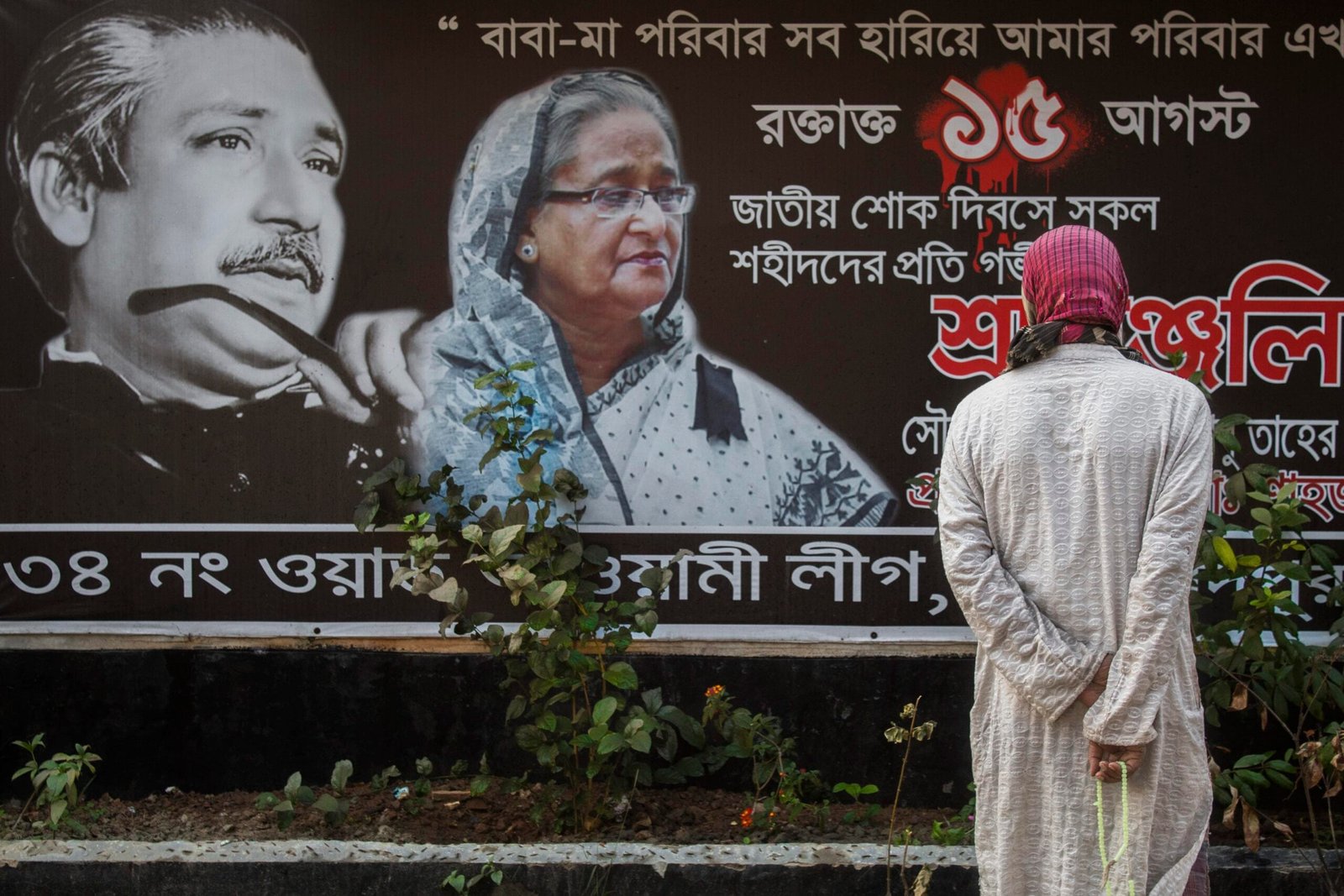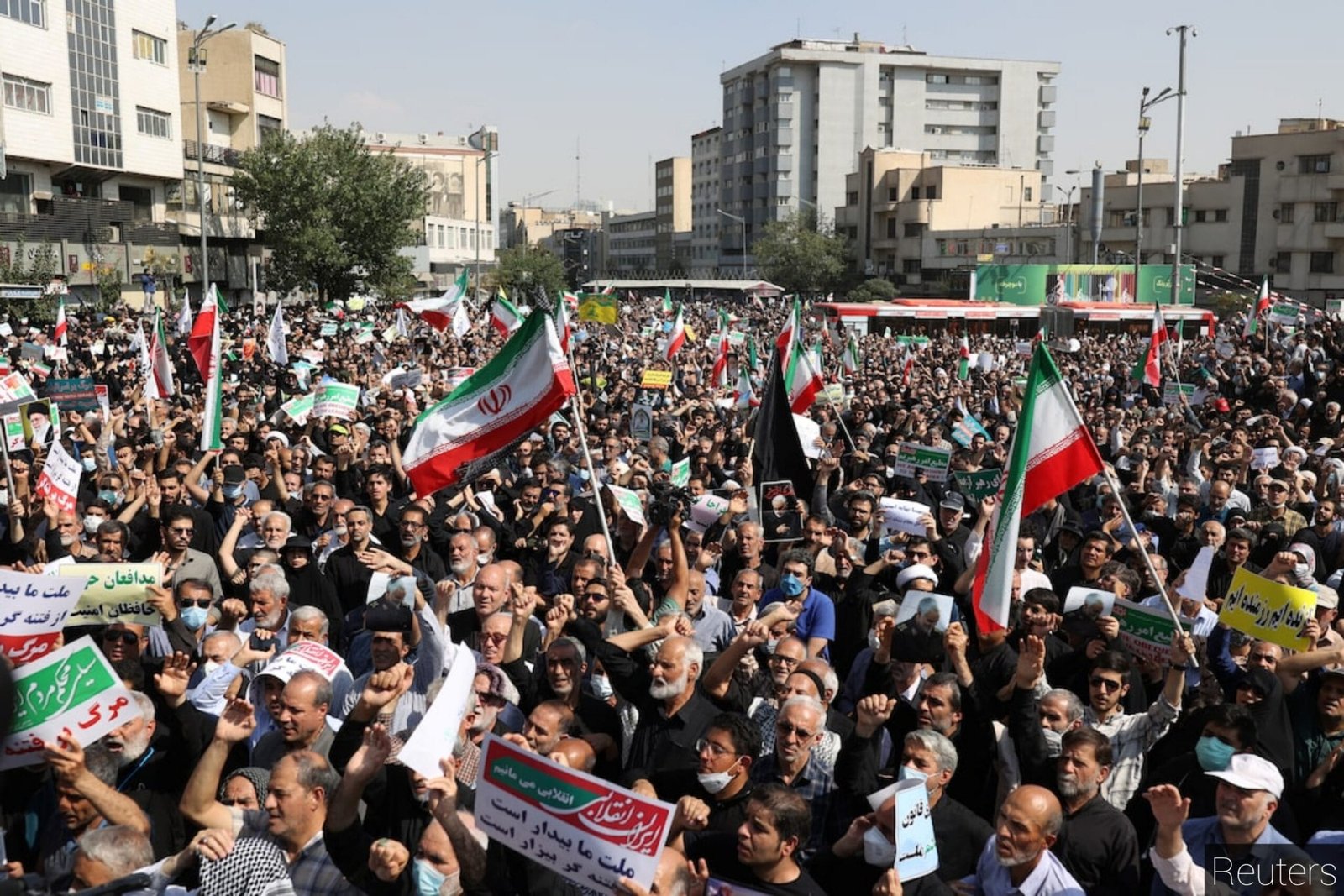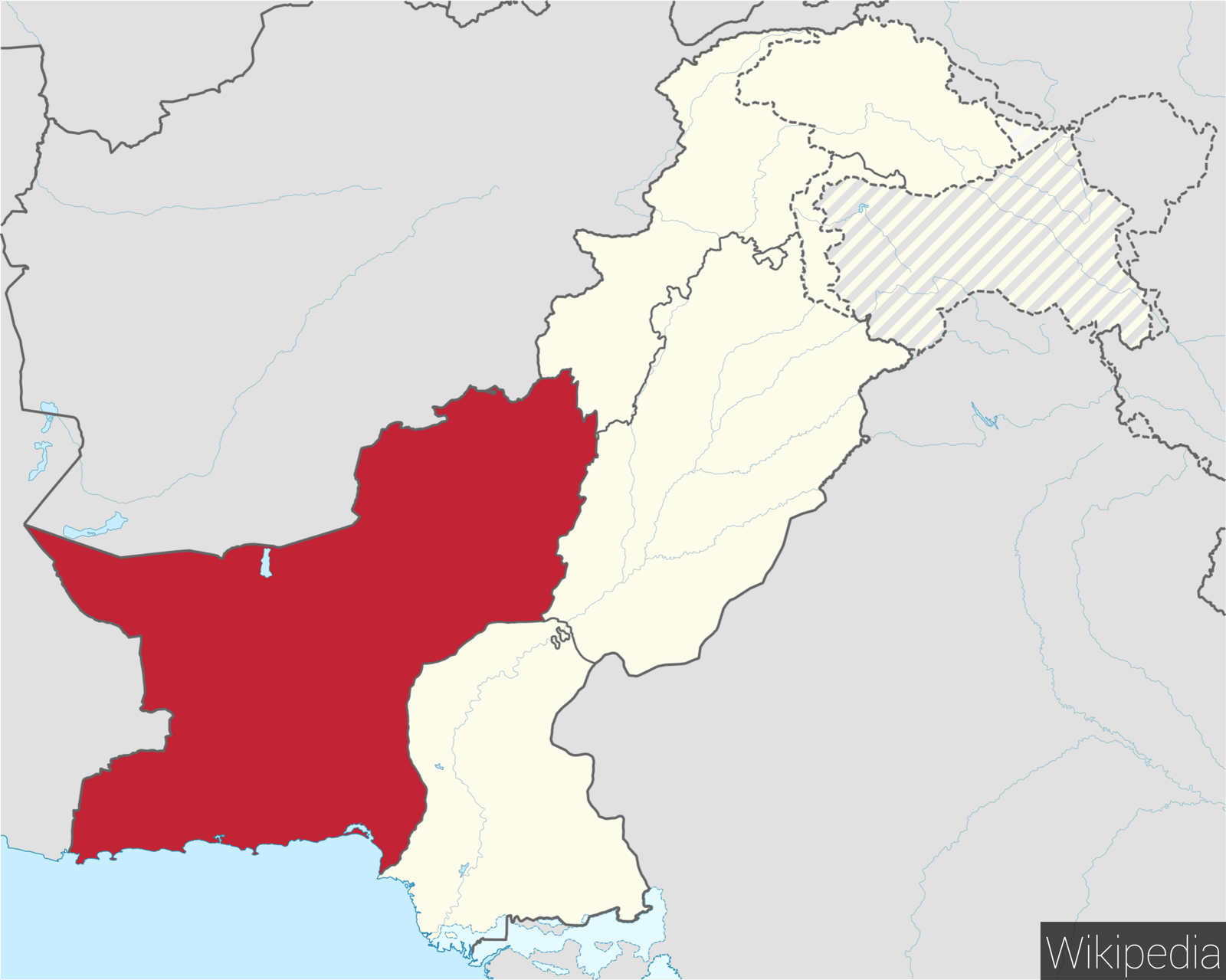
Early Life and Family Background
Osama bin Laden was born on March 10, 1957, in Riyadh, Saudi Arabia. He was one of many children in a large family headed by his father name was Mohammed bin Laden who migrated Yemen to Saudi Arabia in the early 20th century. He managed to establish himself as a highly successful construction magnate. He built the family’s wealth through Bin Laden Group which was a prominent construction company with close ties to the Saudi royal family. His family’s wealth gave him a life of privilege, which strongly influenced his early experiences.
His mother, Hamida al-Attas, was the tenth wife of his father. His father was died in a helicopter crash in 1967. After his death, Hamida remarried. This gave Osama a stepfamily and added to his diverse family influences. Osama grew up attending prestigious schools. He got his early education at the Al Thagher Model School in Jeddah, which was known for its high-quality education. This strong foundation prepared him for higher studies. After that he got admission at King Abdulaziz University. There, he initially pursued a degree in economics and business administration.
As a child, Osama grew up with strict Islamic values taught by his family. He was also influenced by the Wahhabi culture in Saudi Arabia. These early lessons shaped his beliefs. His mentors and the political situation at the time further influenced his thinking. Along with his family’s wealth and religious background, these factors helped shape him into an important future figure.
Formation of Ideological Beliefs
Osama bin Laden’s early years were very important in shaping the beliefs that later guided his goals and actions. He grew up in a rich and powerful family. But during his teenage years and yearly adult life, he began to form the extreme beliefs he would follow for the rest of his life.
One of the biggest influences on bin Laden’s beliefs was the Muslim Brotherhood. This group was founded in 1928. It aimed to spread Islamic Principles in daily life and government. Bin Laden was drawn to their vision of an Islamic State ruled by Sharia law. This early exposure deeply shaped his thinking and sparked a lifelong commitment to these ideas
His time in school made his beliefs even stronger. Bin Laden went to King Abdulaziz University in Jeddah, where he studied economics and business. But it was learning about Islam that had the biggest impact Islam that had the biggest impact on him. He attended the lectures of Islamic scholars and became very interested in religious books and old jihadist groups. These lessons helped him understand militant jihad more deeply, and he began to believe it was a fair way to reach his goals.
One of the scholars who influenced Bin Laden the most was Abdullah Azzam. Azzam was a Sunni Islamic scholar from Palestine who strongly supported jihad against foreign rule, especially during the Soviet invasion of Afghanistan in 1979. This event became a big turning point in Bin Laden’s life. He joined the Afghan fighters and fought against the Soviet army. He believed this war was a holy fight.
The Soviet attack on Afghanistan was a very important event that made bin Laden feel his beliefs were right. It also gave him real practice in secret fighting. This time showed a change from just thinking about ideas to actually doing them. Bin Laden began to believe that jihad could really help him reach his goals.
Role in the Afghan-Soviet War
Since the 1980s, Osama bin Laden went quickly to fight against the Soviet Union, taking his first steps towards global jihad. In the early part of the war, bin Laden gave lots of money to help the Mujahideen fighters. But then he found a way to bring that same effort into a group called ‘Maktaba al-Khidmat’. This group gave money and training to fighters and also helped plan how to move supplies. This work became very important in building a worldwide jihad group, as MAK brought in helpers from many Muslim countries who wanted to fight the Soviets.
Bin Laden was not a back-end manager. He fought in battles , experiencing guerrilla warfare himself. It was a time of dramatic transformation for bin Laden. In addition to being a benefactor, he became a major player within the Mujahideen. His provision of money and supplies, along with his participation in fighting made him popular and powerful leader among his allies. Among the Mujahideen, he cultivated significant relationships with other prominent leaders such Abdullah Azzam and Jalaluddin Haqqani, enhancing his influence within the group.
These connections and his involvement in the war refined Osama bin Laden’s ideological and strategic ideas. During this period, he laid the foundation for hi future pursuits and secured his status as a potent militant leader. Decades of conflict had transformed the very notion of jihad, and the Afghan-Soviet War would become a crucible in which bin Laden’s new vision of a global jihad was forged his dedication and leadership in this conflict foreshadowed his future endeavors and the role he would play on the world stage in subsequent decades.
Founding of Al-Qaeda
In 1988, Osama bin Laden, along with his associates, established Al-Qaeda, an organization that would dramatically shift the landscape of global jihad. The founding of Al-Qaeda was rooted in various ideological, strategic, a nd operational frameworks designed to further bin Laden’s vision of an international Islamic caliphate. The ideological foundation was largely influenced by radical interpretations of Islamic tenets, which called for the establishment of a unified Islamic state governed by Sharia law.
Al-Qaeda was planned as a group that could work in many places but still follow the same goal. This setup helped them stay flexible and change their plans when needed. It was important for doing big and complicated attacks. Osama bin Laden wanted to attack people he thought were enemies of Islam, mostly western countries. He hoped these attacks would upset and weaken them. He believed this would lead to a bigger fight in the Muslim world against leaders he saw as unfair and corrupt.
Al-Qaeda started to take shape in the late 1980s, with plans for finding fighters, training them, and organizing missions. Bin Laden used his large amount of money to pay for training camps, mostly in Afghanistan. There, new members were taught secret fighting , attacks, and hidden missions. At first, Al-Qaeda’s actions were small, but they helped improve their fighting skills. The group’s first big steps happened in the late 1980s, when Al-Qaeda fighters joined the Afghan War against the Soviet army.
Some important early attacks led by bin Laden were the bombings of U.S. embassies in Africa and the USS Cole in 2000. These attacks were key in showing that Al-Qaeda was strong and able to cause big harm. Bin Laden’s ideas guided the group, and their goals stayed the same. These goals were the base for Al-Qaeda’s future plans and actions, leading to even bigger attacks in the years that followed.
Major Attacks and Global Infamy
Osama bin Laden became widely known around the world through a series of major attacks planned under his leadership of Al-Qaeda. Some of the earliest and most important were the 1998 bombings of the U.S. Embassies in Nairobi, Kenya, and Dar es Salaam, Tanzania. These two attacks happened on August 7 and caused the deaths of over 200 people and injuries to thousands. It was the first time bin Laden’s group showed it could carry out large and well-planned operations against American places in other countries. The careful planning of these events showed Al-Qaeda’s strong goals and ability to act far from its base, surprising many global security groups.
In the year 2000, another major event happened: the bombing of the USS Cole, a U.S. Navy ship, while it was getting fuel in the port of Aden, Yemen. On October 12, two men in a small boat set off explosives next to the ship, causing the deaths of 17 American sailors and injuring many others. The USS Cole incident showed how Al-Qaeda was improving its planning and boldness. It also made the world pay more attention to how the group was changing and becoming more active.

The most well-known event linked to bin Laden was the September 11, 2001, attacks in the United states. This carefully planned action involved the hijacking of four passenger planes. Two of the planes hit the World Trade Centre towers in New York City, one hit the Pentagon in Arlington, Virginia, and the fourth crashed in a filed in Pennsylvania after passengers tried to stop it. The 9/11 attacks caused the deaths of nearly 3000 people, making it one of the deadliest events in history. Right after, countries around the world responded strongly, and the U.S. began an invasion of Afghanistan to break up Al-Qaeda and find bin Laden.
These major attacks planned by bin Laden caused great loss of life and damage, but they also had deep long lasting effects on world politics. After these events, many countries increased their security, took military actions, and worked together more closely to prevent future attacks. These strong responses showed how much bin Laden’s actions changed the world and led to a new period of global focus on safety and security.
Life in Hiding and Continued Influence
After planning the 9/11 attacks, Osama bin Laden became the most wanted man in the world. He became known for staying hidden, avoiding capture for almost 10 years by using a large group of helpers and knowing the land very well. At first, bin Laden hid in the mountains of Afghanistan. He used the rough land and high hills to stay out of sight from the U.S. and its allies who were trying to find him.
However, the strong military actions in Afghanistan, especially the U.S. Invasion in late 2001, forced bin Laden to leave. Many believe he crossed into Pakistan, where he went into hiding for a long time. Even though forces from around the world kept looking for him, he stayed hidden in different places and finally lived in the city of Abbottabad. During these years, bin Laden was not only hiding, but he was also planning and giving ideas, still playing a big role in global events from behind the scenes.
While he was in hiding, Osama bin Laden used modern ways of communication to share Al-Qaeda’s ideas. He released many video and audio messages that were shown around the world. These messages had different goals: they encouraged his followers, gave directions for actions, and spread ideas to influence others. In these messages, he often appeared in simple surroundings, which helped show him as a serious and determined leader who would not give up on his beliefs.
While staying hidden, bin Laden remained an important leader in the Al-Qaeda group. He was still able to help plan actions and keep the group working together and active. Even though he was not seen in public, his ideas were still very powerful and influenced many groups around the world. This time in hiding showed that bin Laden could adjust to new situations and keep going, showing how much impact he had until his death in 2011.
Operation Neptune Spear and Death
The mission that led to the death of Osama bin Laden, called Operation Neptune Spear, took place on May 2, 2011, in Abbottabad, Pakistan. This mission ended a nearly ten-year search for the Al-Qaeda leader after the events of September 11, 2001. The detailed operation was based on years of gathering information and careful planning by different parts of the U.S. government.
A big clue came in August 2010, when the CIA found a house in Abbottabad that they thought might be hiding bin Laden. The house had strange features, like high walls and no phone or internet, which made it seem suspicious. After watching the house for months, the intelligence teams and the National Security Council decided the evidence was strong enough to carry out a military mission.
President Barack Obama, after meeting many times with his top security team, gave permission for a special raid. The mission was carefully planned and carried out by a secret group called Navy SEAL Team Six. On the night of the mission, two helicopters carried the SEALs to the house. One helicopter had a problem, but the team quickly fixed the situation and entered the protected building.
Inside, the team got into a strong fight with bin Laden’s guards. Osama bin Laden was found on the third floor of the house and was later shot and killed. The team then gathered useful items for future information and left with bin Laden’s body, which was buried at sea within 24 hours.
The death of Osama bin Laden caused many different reactions both in the U.S. and around the world. In the United States, many people felt relief and joy, seeing it as a big step forward in the fight against dangerous groups. Around the world, some leaders praised the mission’s success, while others were worried about the U.S. entering Pakistan without permission.
Bin Laden’s death had a big effect on Al-Qaeda and similar groups. Although it was a major moment, it did not end the group or its ideas. Instead, it made countries think more about how to deal with global security problems and the way such groups continue to change and grow.
Controversies
There is also some controversy about Osama bin Laden. In some Muslim countries, he is seen as a hero and called a martyr. This is mostly in places where people suffered from wars and attacks by the American military, and many innocent people were harmed. Because of this, some people still feel anger toward the U.S. government. In my opinion, there is also a belief that the 9/11 attacks were planned by America and Israel, especially by leaders like Benjamin Netanyahu. Some think it was done to spread fear about Islam, to let the U.S. enter the Middle East, and to help Israel reach its goals.






